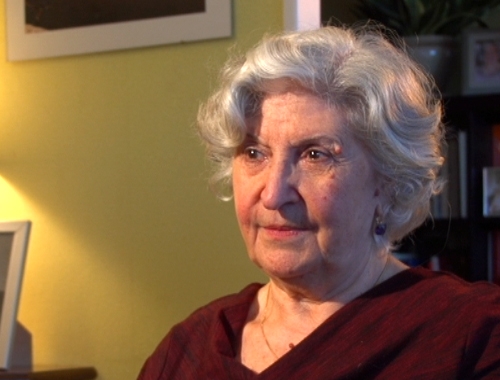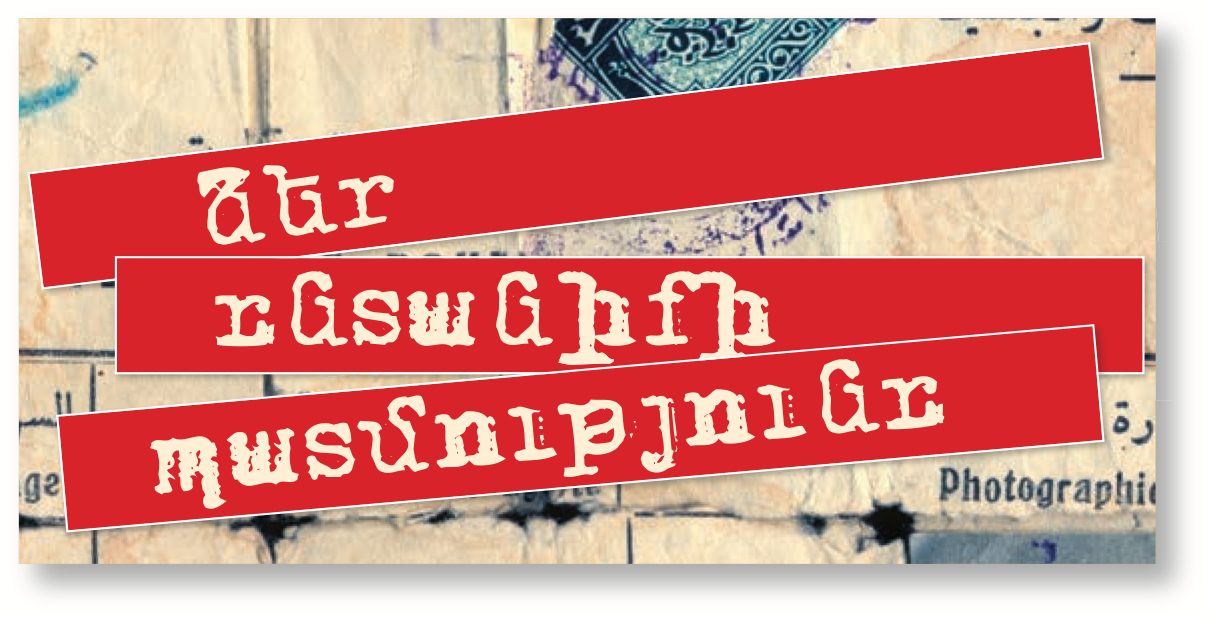 Immigrated from France in 1947
Immigrated from France in 1947
Suzan Filian
My father grew up in the massacres. Everyone has killed but him. He was a partisan during the war. He took us to a village near Marseille to be safe.
My father and another Armenian freed 42 Armenian POWs. They were Soviet soldiers. When they were taken to work, they would sing the Pepo song on the truck. That’s how a compatriot of my father knew they were Armenian. The Germans kept the Armenian POWs in that small rural town. Hayk Gasparyan was their head man. They were able to communicate through secret symbols, singing Armenian, and other stuff.
My father was able to get a car from the French, because they didn’t want to get involved in those matters. Was it Kachin Beljan or someone else? I can’t remember the last name. They went with him. They were able to kill the German officers. They put everybody into two trucks and brought them to the village. They were distributed the soldiers among families. There was a soldier from Gharabagh, from Alaverdi, from Stepanakert…From all the Armenian regions. I have the list.
My older brother and sisters are the children of my mother’s first husband. Her husband was a Russian-Armenian from Karakalpak, He escaped to Bulgaria during the Czar’s era. That how my mother married him. But, they moved to France. Sadly, he fell ill and died. My father married my mother. We became four children.
My mother was pregnant during the repatriation; I remember. To be honest, it was a patriotic thing. They were Hnchaks and communists. They said we should go to our country; to have land and a house.
We reached Batum in September 1947 aboard the ship Rossia. I was ten. They gave us black bread in Batum, in big loaves. I remember it was sour, like vinegar. Before, we used to eat good white bread.
They then took us to the ship Pobeda. People on the ship started to threw the bread on the water. The people of Batum, on little boats, came out and collected the bread. We then boarded a train to go to Yerevan. I can still hear my mother’s cries – what have we done?
My father complained all the time. He was brave. That’s why he was nicknamed Kach Nazar. He would say, “What are you doing? You’re finishing the work of the Turks.” The local people also had a hard time. They too lived in poor conditions. The country had just exited the war. We sold everything in order to survive.
My brother said that he was going to escape because the country wasn’t a place to live. When my brother did escape, we announced that our boy was lost. They took my father away. I was with my father because I would take food to him on our plot of land. They took him away in a jeep. They took us. They kept my father and gave me a ticket, telling me to go home. They asked my father how his son had escaped. My father replied, “If I knew where he escaped, I would have gone with him. I freed 42 soldiers for the homeland. They were your soldiers.” They would summon my father many times and try to get him to talk.
In Turkey, they wanted to send my brother back. He didn’t know Turkish but found someone who could translate. He then went to Syria and then to Beirut. From there he reached France. We got word that our brother reached there. School was mandatory in Armenia. We all went. I only got to the seventh grade. I had trouble with Armenian.
I married pretty young; in 1958 with Khachik. I had my boy in 1959 and my girl in 1963. We lived on the same street as Khachik’s family and grew up in the same neighborhood. They sent my father-in-law to Siberia for no reason. He was released in 1953, after Stalin died.
Of course, there were also good things in Armenia. We spent our youth there. Whatever happens, those were our best years. The smallest thing made us happy.
We never imagined that one day we would be able to go back. To be honest, it was difficult. Then again, my brother was here. The four of us children didn’t have French citizenship.
We waited five years. My husband wrote letters to Kosygin, Andropov and Brezhnev, to everyone, saying that we wanted to return and that we had relatives in France. My brother sent a document and my sister was able to go to France. Later, my sister sent our documents and we went to France in 1972.
We sold our house but couldn’t use the money. In Moscow, on the way to France, they inspected us carefully. They removed the shoes of my wretched father. He didn’t know Russian, but he took out his Communist Party card and showed it to the inspectors. They exclaimed, “Oh, an old communist.” They let him go.



















